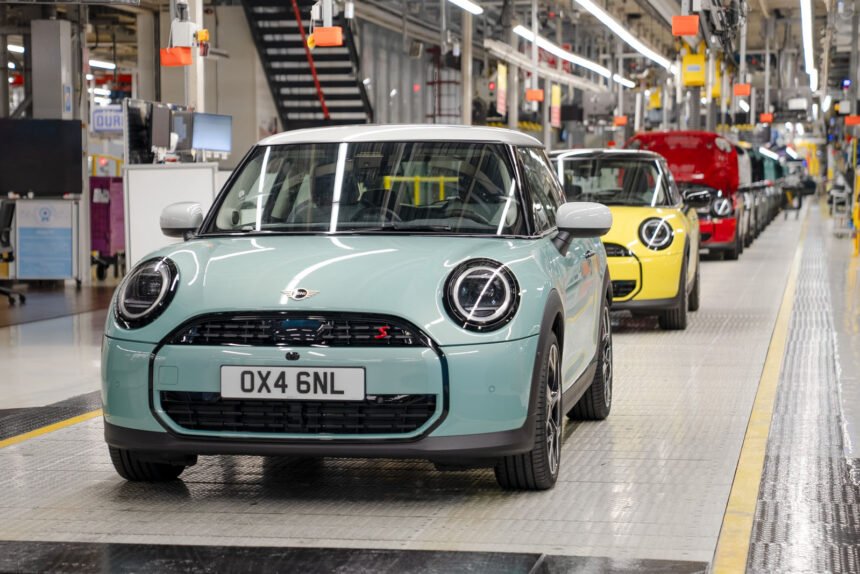Electric car production at Mini’s Oxford plant has hit a roadblock, with the planned rollout of the electric Mini Cooper and Mini Aceman models being put on hold indefinitely. This decision, attributed to the sluggish EV sales worldwide, comes as a blow just a year before production was slated to shift from China to the UK.
The significant sum of over £600 million, which was partly funded by the government, has already been invested in preparing the Oxford plant and the nearby Swindon body pressing facility for electric vehicle manufacturing. The bulk of this investment went towards expanding the body shop, setting up a new section for battery installation, and enhancing logistics facilities.
In response to the current uncertainties plaguing the automotive industry, the BMW Group, which owns Mini, is reevaluating the timeline for resuming battery-electric Mini production in Oxford. The decision to delay the production shift underscores the challenges faced by the industry amidst changing market dynamics.
Mini’s Oxford plant, which employs around 4000 workers, plays a vital role in producing cars for global markets, including the UK. Presently, the plant focuses on manufacturing petrol-engined versions of the latest Cooper models, with plans to transition to a 100% EV production lineup by 2030.
The sudden delay in electric car production at Mini’s Oxford plant has left many stakeholders in limbo, with implications for the automotive sector and the broader economy. As the situation continues to evolve, more updates are expected to follow.
Stay tuned for further developments on this breaking news story as it unfolds.







